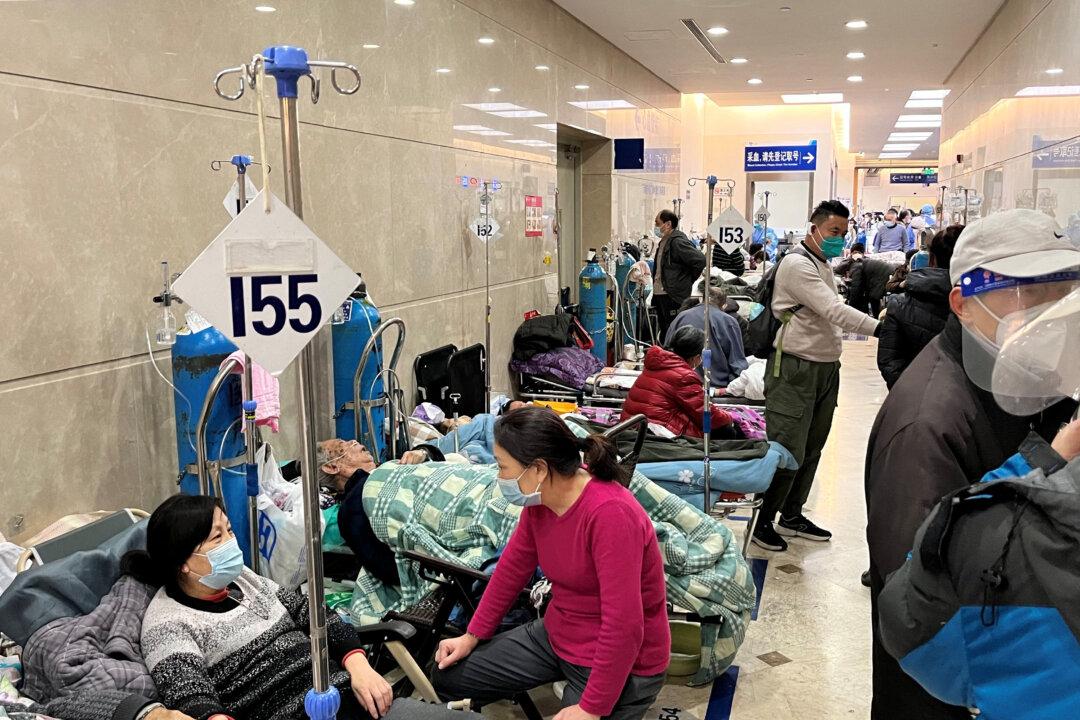Between Aug. 22, 2023, and Sept. 8, 2023, at least 19 high-ranking officials and celebrities passed away in China in just 18 days. All of them were members of the Chinese Communist Party (CCP).
The Chinese regime has largely stopped the customary practice of mentioning the cause of death in obituaries, as the actual death toll from the COVID-19 pandemic is being kept as a state secret.




